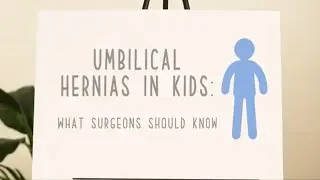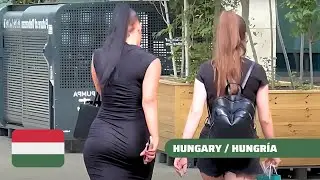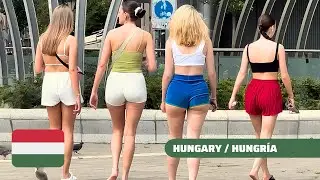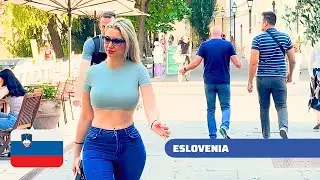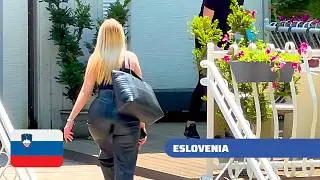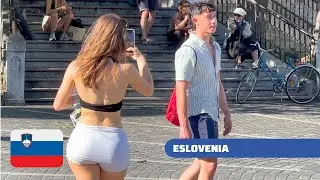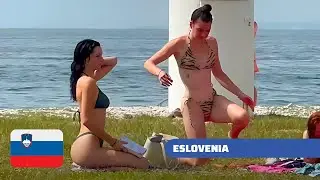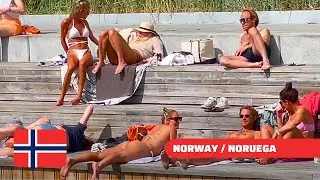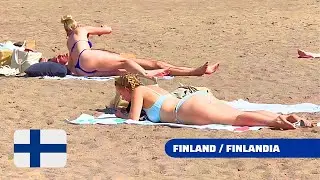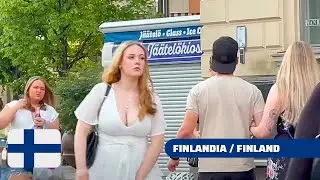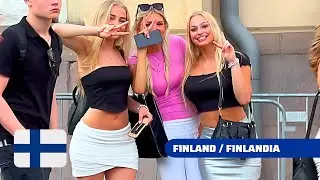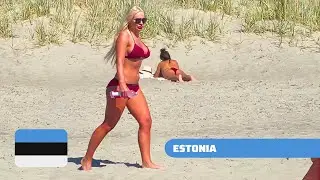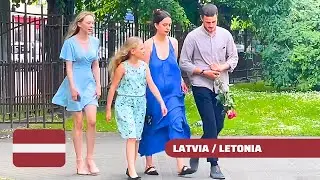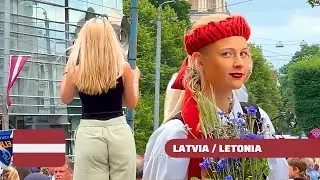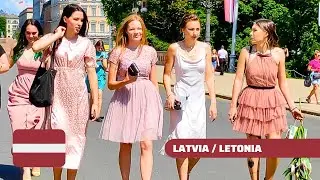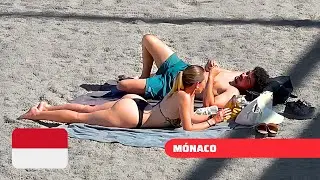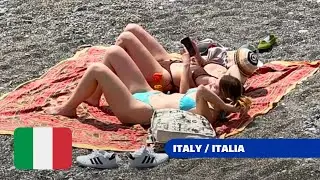CROATIA - WHICH COUNTRIES DO YOUR WOMEN GO TO?
Croatia is a sovereign country in Southeastern Europe, located on the coast of the Adriatic Sea. It borders Bosnia and Herzegovina to the south and east, Serbia to the east, Hungary to the north and Slovenia to the northwest.
It has an area of 56,594 km2 and a population: 3,888,000 (inhabitants). Its capital is Zagreb, the official language is Croatian, a southwestern Slavic language variant of Serbo-Croatian and the currency is the euro, which last year replaced the Croatian Kuna
Croatia has been inhabited since prehistoric times. The country was ruled by the Roman Empire, the Byzantine Empire and the Austro-Hungarian Empire. In 1918, Croatia joined the Kingdom of Serbs, Croats and Slovenes, which later became Yugoslavia. In 1991, Croatia declared independence from Yugoslavia. Since then it has been a parliamentary Republic with (88%) Roman Catholics and 10% Muslims according to official data.
Tourism: Croatia is a very popular tourist destination in Europe, known for its beaches, rich history and culture. Popular tourist attractions in Croatia include the city of Dubrovnik, Split, Pula, Plitvice National Park, and the islands of Hvar, Korcula, and Brac, among others.
According to a study by the Croatian Central Statistics Office, the percentage of Croatian women who marry foreigners is 11%. This means that out of every 100 Croatian women who marry, almost 11 do so with a foreigner.
The most common countries of origin of foreign husbands of Croatian women are:
Germany (24%)
Slovenia (18%)
Italy (13%)
United States (10%)
United Kingdom (8%)
There are several reasons why Croatian women marry foreigners. One reason is globalization, which has made it easier for people around the world to find each other and relate to each other. Another reason is the economy, as many Croatians emigrate to other countries in search of better job opportunities.
According to the Croatian Central Statistics Office (DZS), the most popular destination countries for female migration from Croatia are:
Germany (24%)
Slovenia (19%)
Italy (13%)
United States (11%)
United Kingdom (9%)
According to a survey conducted by the Croatian Social Research Institute in 2023, the main concerns of Croatians are:
The economy
The corruption
Social inequality
*And political instability
Other important concerns for Croatians include health, education, security and care for the elderly.
Croatians' perception of friendly and enemy countries is complex and influenced by a number of factors, including history, culture, politics and economics.
In general, Croats consider their main friends to be the member countries of the European Union (EU), as well as the countries of the Western Balkan region, that is, Slovenia, Montenegro, Bosnia and Herzegovina, North Macedonia and Albania.
Among the countries considered enemies of Croatia, Serbia could be mentioned, since some Croatian Serbs support reunification with Serbia. On the other hand, Russia has been criticized by Croatia for its support of Serbia during the Croatian war.
Political instability in the region is also a concern for Croatia. Serbia and Bosnia and Herzegovina are experiencing increasing political polarization, and there is a risk that this will lead to conflict. Croatia is working to promote political stability in the region, and has participated in efforts to resolve conflicts in its neighboring countries.
In 2022, Croatia's GDP grew by 6.3%, marking a strong recovery from the 8.6% decline recorded the previous year. GDP growth was mainly due to increased private consumption, investment and tourism.
However, the war in Ukraine has had a negative impact on the Croatian economy. Energy and food prices have increased, leading to high inflation. Croatia's Central Bank has raised interest rates to try to control inflation, which could slow economic growth.
According to the Central Statistics Office, there are 82,000 foreign workers in Croatia, representing 2.2% of the workforce. Foreign workers mainly come from
Serbia (19%)
*Bosnia and Herzegovina (15%)
Montenegro (13%)
Slovenia (12%)
Germany (10%)
*North Macedonia (8%)
Albania (7%)
Ukraine (6%)
#OpenYourWindowToTheWorld #TravelIsHyperLive
🌎 Subtitles in Portuguese, Italian, German, French, Russian, Polish and English.
🔎 I am Gustavo Llusá, Argentine, after traveling for several years through more than 65 countries I settled in Latvia where I married Dace and learned to know another way of life, on the other side of the map.
👇👇👇 COMMENT AND OPINION
